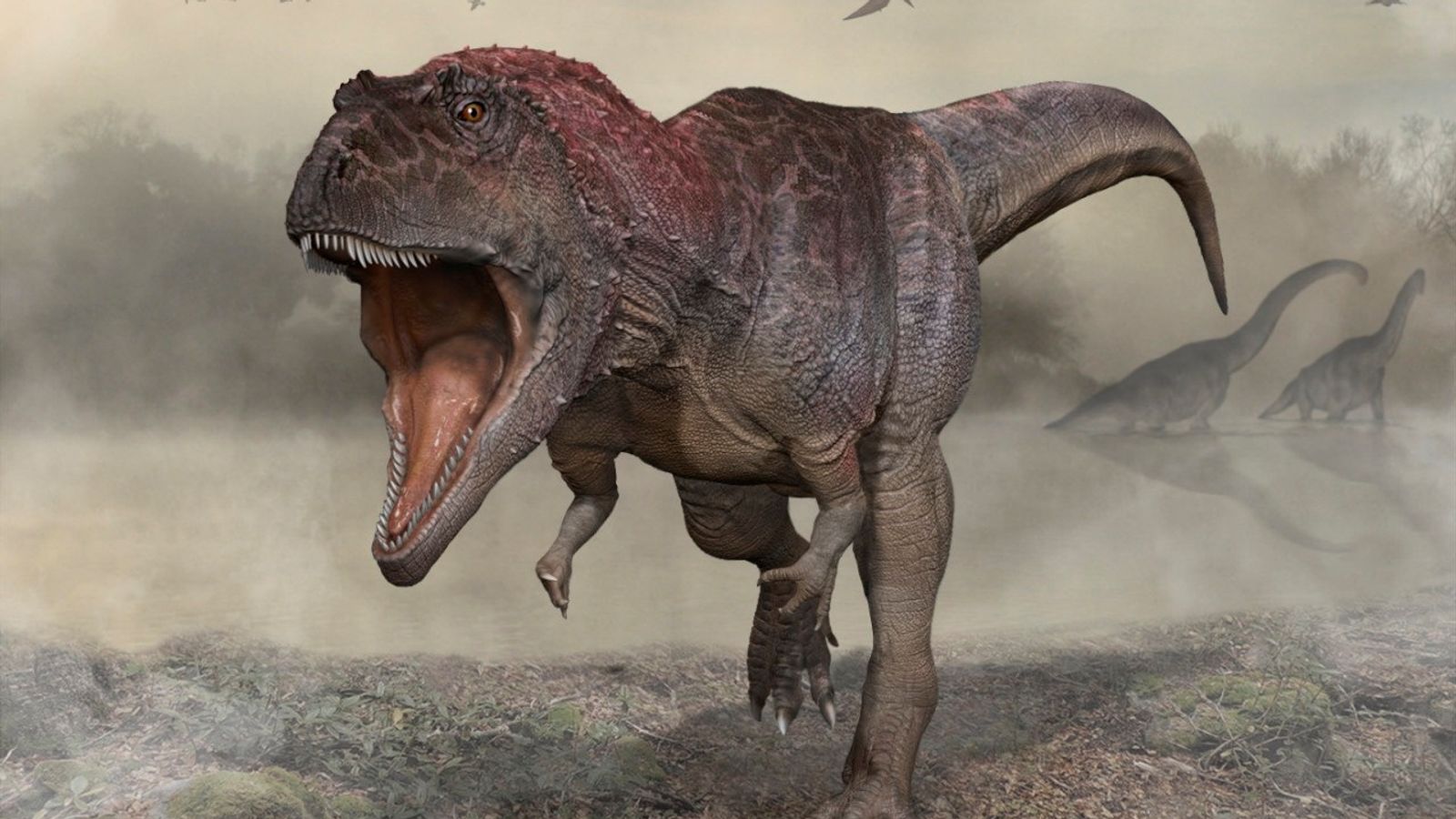Former Japanese prime minister Shinzo Abe has died after being shot while giving a speech in the western city of Nara.
The 67-year-old bled to death after sustaining two deep neck wounds that damaged an artery, said Dr Hidetada Fukushima from Nara Medical University Hospital.
He had no vital signs on arrival and was never revived after suffering major damage to his heart.
More than 100 units of blood were given during four hours of blood transfusions as Mr Abe haemorrhaged.
Background of Abe’s suspected assassin emerges – live updates
The former PM was shot from behind with what appeared to be a homemade gun.
Please use Chrome browser for a more accessible video player
It is the first assassination of a sitting or former Japanese premier since the 1930s.
Mr Abe held his chest as he collapsed, his shirt smeared with blood. State broadcaster NHK showed footage of security guards running towards him.
A puff of white smoke was seen as he made a campaign speech outside a railway station ahead of elections to Japan’s upper house on Sunday.
A reporter at the scene said they heard two consecutive bangs during Mr Abe’s address.
What do we know about the suspect?
A 41-year-old man, Yamagami Tetsuya, has been arrested.
Dressed in a grey T-shirt and beige trousers, pictures from the scene show him being wrestled to the ground by police officers.
In addition, an image isolated on video appears to show him moments before the shooting took place.
Tetsuya is said to live in Nara City and possible explosives have been found at his home, NHK said.
The suspect told officers he was unhappy with Mr Abe and intended to kill him, NHK added.
But Kyodo News said the man had not been motivated by a grudge against Mr Abe’s political beliefs.
It is also reported that the suspect served in the Japanese Navy.
Earlier, current prime minister Fumio Kishida said that while “everything that can be done is being done”, Mr Abe was in a “grave condition”.
Mr Kishida added that the “act of brutality” was “absolutely unforgivable”. He has asked all members of the cabinet to return to Tokyo.
The prime minister said a free and fair election is something that must be defended at all costs, and that campaigning will continue on Saturday.
Mr Kishida said he had great respect for Mr Abe’s legacy.
‘Absolutely unforgivable, no matter what the reasons are’
Political violence is rare in Japan, which has strict gun regulations.
In a nation of 125 million people there were only 10 gun-related criminal cases last year, resulting in one death and four injuries, according to police.
The majority of those cases – eight – were gang-related.
“A barbaric act like this is absolutely unforgivable, no matter what the reasons are, and we condemn it strongly,” chief cabinet secretary Hirokazu Matsuno said.
Outgoing UK Prime Minister Boris Johnson said Mr Abe’s death was “incredibly sad news”.
EU Commission President Ursula von der Leyen said Mr Abe was a “wonderful person, great democrat and champion of the multilateral world order”.
Ukrainian President Volodymyr Zelenskyy said the “heinous act of violence has no excuse”.
Mr Abe served two terms as prime minister – becoming Japan’s longest-serving premier – before stepping down in 2020, saying a chronic health problem had resurfaced.
He has suffered from ulcerative colitis since he was a teenager.
He has remained a dominant presence in the ruling Liberal Democratic Party, controlling one of its major factions.









